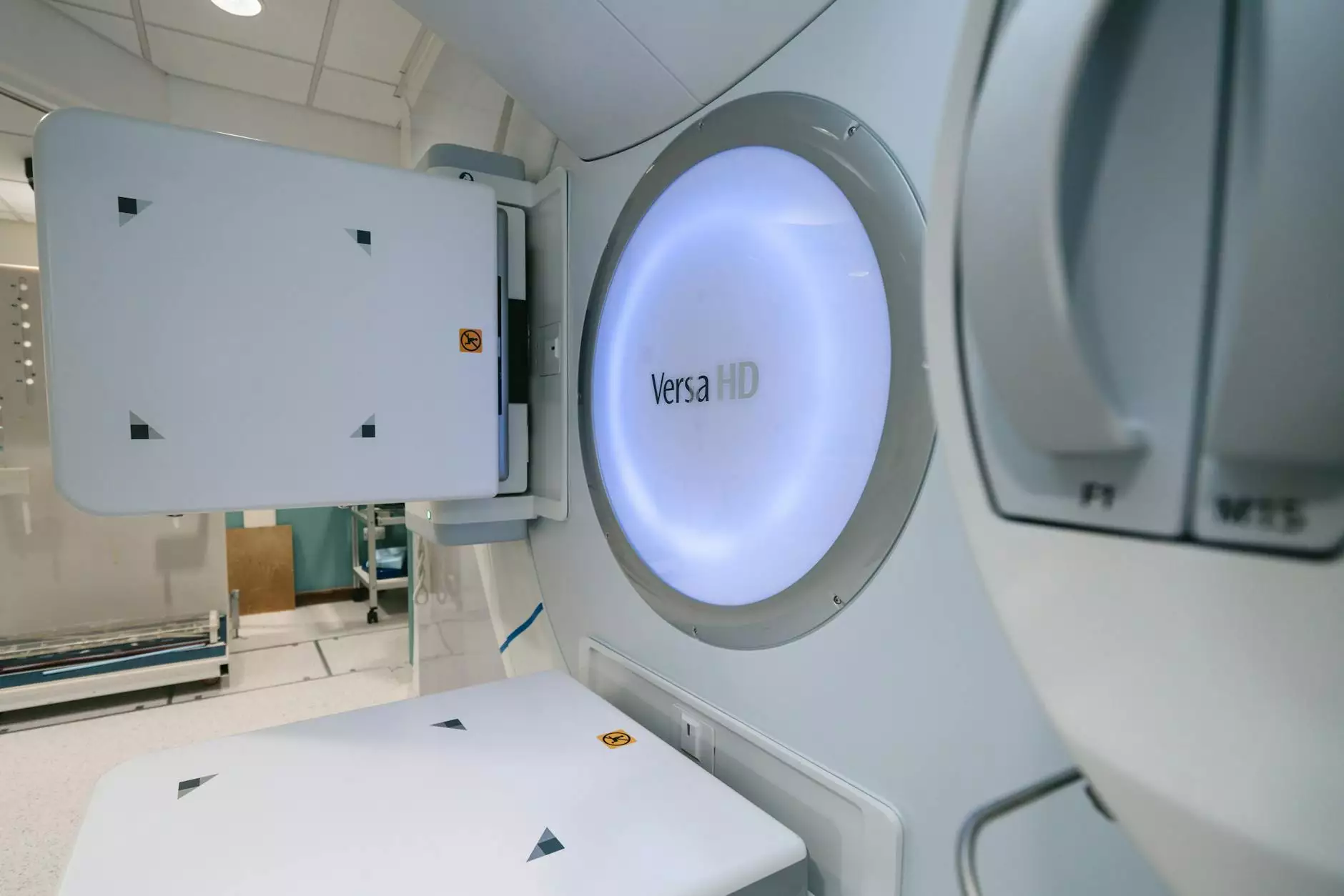Understanding the Importance of a Stomach Cancer Hospital

When diagnosed with stomach cancer, finding the right medical support is crucial. A specialized stomach cancer hospital plays a pivotal role in a patient's journey, from diagnosis to treatment and survivorship. In this article, we will explore the multifaceted aspects of care provided by these hospitals, the innovative treatments available, and the holistic support systems that ensure patients receive the best possible outcomes.
The Role of Specialized Care in Stomach Cancer Treatment
Stomach cancer, or gastric cancer, is a complex disease that requires a multifaceted treatment approach. Specialized hospitals focused on this disease offer a range of services that cater specifically to the needs of those diagnosed. These facilities are equipped with the latest medical technology and staffed by skilled professionals who possess extensive knowledge in oncology.
Why Choose a Stomach Cancer Hospital?
Choosing a stomach cancer hospital over a general healthcare facility can significantly impact the treatment journey. Here are some compelling reasons to seek specialized care:
- Expertise in Oncology: The medical professionals in these hospitals are focused on treating stomach cancer, resulting in a deeper understanding of the disease, its progression, and its treatment options.
- Advanced Treatment Options: Specialized hospitals have access to innovative treatments, including targeted therapies and clinical trials that may not be available elsewhere.
- Personalized Care Plans: Each patient receives a tailored treatment plan that takes into account individual health conditions, cancer stages, and personal preferences.
- Integrated Support Services: Beyond medical treatment, these hospitals offer psychological support, nutritional counseling, and rehabilitation services to enhance recovery.
Diagnosis and Staging at Stomach Cancer Hospitals
Accurate diagnosis and staging of stomach cancer are fundamental for determining the most effective treatment options. At a typifying stomach cancer hospital, patients undergo comprehensive assessments that may include:
- Endoscopy: A procedure where a flexible tube with a camera is used to visualize the stomach and collect tissue samples.
- Imaging Tests: Techniques such as CT scans and MRI are employed to determine the extent of cancer spread.
- Biopsy: Conducted during endoscopic procedures to obtain tissue samples for laboratory analysis to confirm cancer diagnosis.
The results from these evaluations inform the staging of the cancer, which is crucial for developing an effective treatment plan.
Treatment Modalities Available at Stomach Cancer Hospitals
The treatment of stomach cancer often involves a combination of therapies. A stomach cancer hospital offers a comprehensive range of treatment options, ensuring that each patient receives customized care based on their specific case.
Surgical Interventions
Surgery remains one of the primary treatment modalities for stomach cancer. Specialized hospitals provide access to advanced surgical techniques, which may include:
- Gastrectomy: This is the surgical removal of part or all of the stomach, performed based on the extent of the cancer.
- Laparoscopic Surgery: A minimally invasive approach that reduces recovery time and pain for patients.
These surgical procedures are often conducted by experienced oncological surgeons who specialize in stomach cancer, providing patients with the best possible outcomes.
Chemotherapy and Radiation Therapy
In addition to surgical options, treatment plans may also incorporate chemotherapy and radiation therapy:
- Chemotherapy: This systemic treatment uses drugs to kill cancer cells or slow their growth. It can be administered before surgery to shrink tumors or after to eliminate remaining cancer cells.
- Radiation Therapy: High-energy rays are used to target cancer cells, either as a primary treatment or adjunct to surgery.
Targeted Therapy and Clinical Trials
Another significant aspect of care in a stomach cancer hospital is the access to targeted therapies and clinical trials. These innovative treatments focus on specific molecular targets found in cancer cells:
- Targeted Therapy: This approach involves medications designed to attack cancer cells based on their specific genetic mutations.
- Clinical Trials: Patients may have the opportunity to participate in trials that test new treatments, providing access to cutting-edge therapies not yet widely available.
Holistic Support in Stomach Cancer Care
Dealing with a stomach cancer diagnosis can be overwhelming, which is why a supportive environment is essential for recovery. A defined stomach cancer hospital prioritizes holistic care that addresses not only the physical but also the emotional and psychological needs of patients.
Nutrition and Dietary Support
Nutrition plays a vital role in recovery and overall well-being. These specialized hospitals often have registered dietitians who work closely with patients to develop personalized nutrition plans. This support aims to:
- Enhance Immunity: Proper nutrition is essential for maintaining a strong immune system during and after cancer treatments.
- Combat Side Effects: Dietitians help manage treatment-related side effects like nausea, weight loss, and gastrointestinal issues.
Psychosocial Support Services
Understanding the psychological impact of cancer, stomach cancer hospitals offer psychosocial support services, which may include:
- Counseling Services: Licensed counselors provide emotional support and coping strategies for patients and their families.
- Support Groups: Connecting with others facing similar challenges can be incredibly beneficial.
Patient Resources and Educational Programs
Education is a key component of effective cancer care. A premier stomach cancer hospital provides comprehensive resources to empower patients:
- Workshops and Seminars: Regularly scheduled educational sessions that cover topics like treatment options, nutrition, and wellness.
- Informational Materials: Access to brochures, videos, and online resources that offer valuable information on stomach cancer and its treatment.
Finding the Right Stomach Cancer Hospital
When searching for a reputable stomach cancer hospital, consider the following criteria:
- Accreditation: Ensure the hospital is accredited by relevant health organizations, indicating high standards of care.
- Oncological Expertise: Look for hospitals with a dedicated oncology team comprising surgeons, medical oncologists, and specialized nursing staff.
- Patient Reviews: Online reviews and testimonials can provide insight into patient experiences and outcomes.
- Location and Facilities: Proximity to hospital and the availability of cutting-edge facilities can greatly influence care quality.
Conclusion: The Path to Recovery Starts Here
The journey through a stomach cancer diagnosis can be daunting, but accessing the right care at a specialized stomach cancer hospital can significantly enhance the chances of recovery. Through expert medical treatment, personalized care plans, and comprehensive support systems, these hospitals cater to the unique needs of patients, creating a holistic environment conducive to healing.
As you navigate the treatment process, remember that you are not alone. The skilled professionals at these specialized facilities stand ready to assist you every step of the way. Your health is an important priority, and finding the best stomach cancer hospital can be the first step toward a successful recovery.









